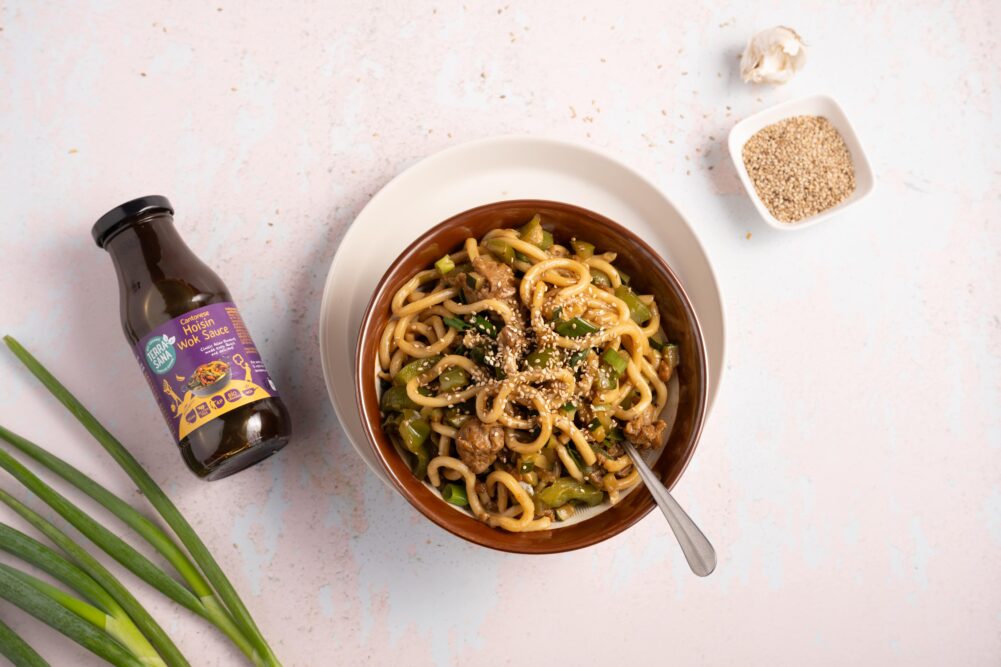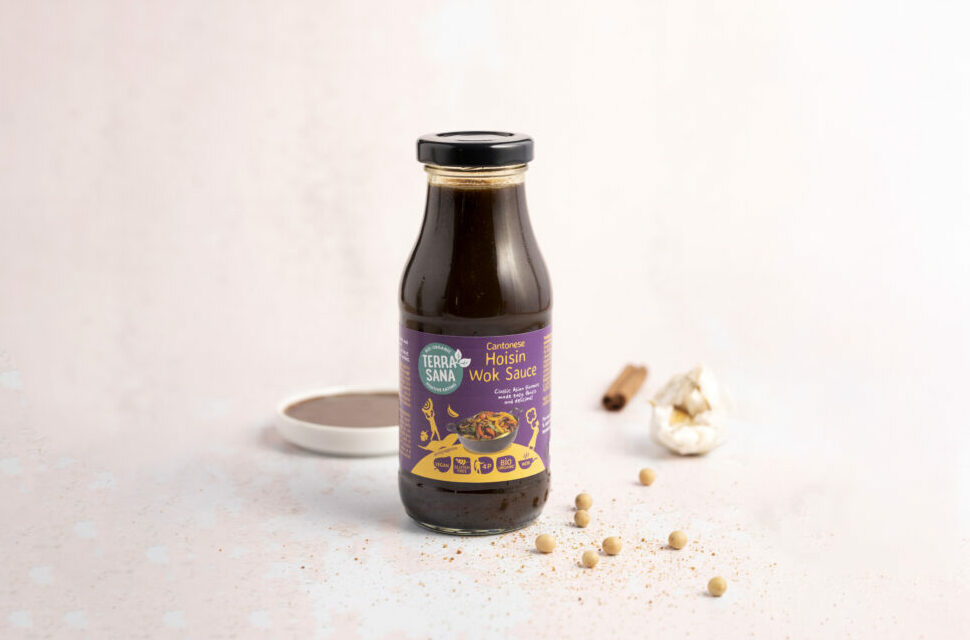Frequently Asked Questions
Top questions
Is the can of coconut milk BPA free?
Yes totally!
How do you guarantee the quality of Japanese products since the Fukushima disaster?
This is, of course, something to be particularly careful about. After the disaster, all Japanese products were extensively tested for radioactive substances for years. In Japan, in Germany (Öko-institut) and the Netherlands (NVWA). No radioactivity was found in any of the products. All results were always below 10 Bq. This is a fraction compared to the European standard of 500 Bq. Of course, this is mainly because all producers are miles away from Fukushima (300-600 km). Read more? Check out this more extensive article on how we test.
What does the term 'raw' mean?
Raw is the English term for raw or unheated. If a product is not heated above 42 ℃. For our superfoods, this often means that a product is sun-dried.
Where do I buy TerraSana products?
You buy TerraSana products at organic supermarkets or specialty stores and online. Go to find a shop to see which stores sell our products. Note: always check the stock for a specific product at the specific store first. Or google for TerraSana + product and have a better chance of finding it!









